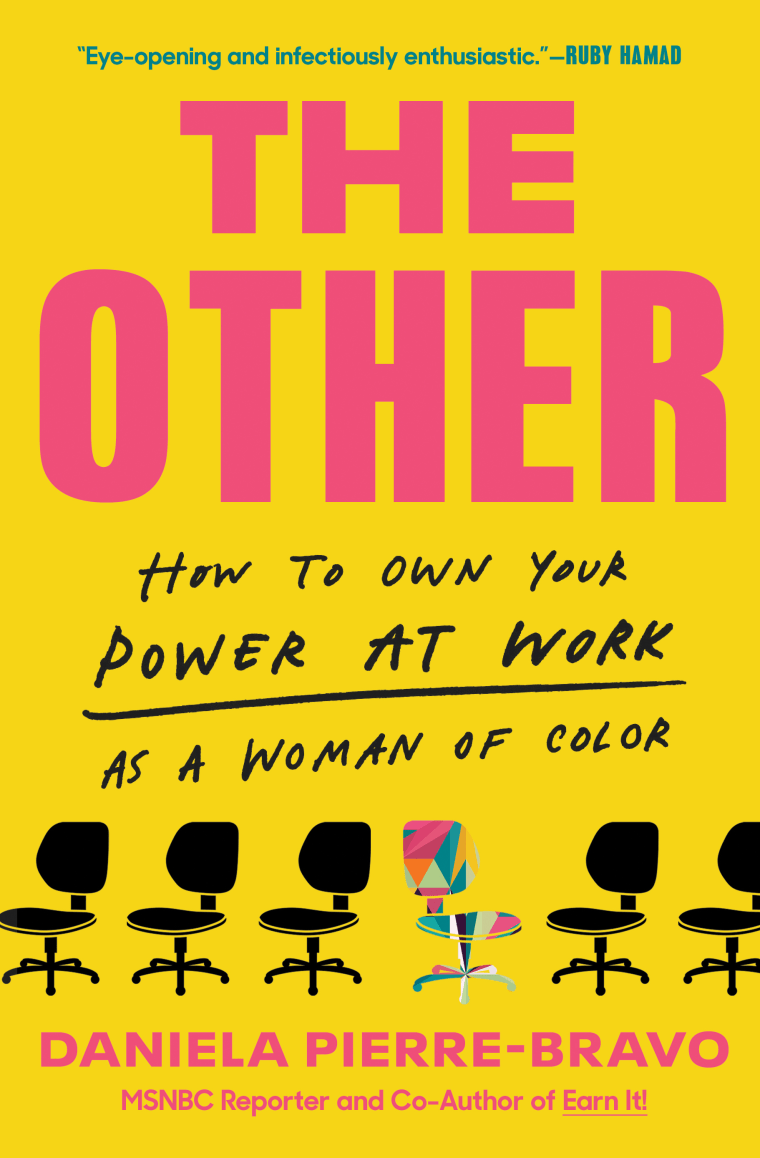As a Latina who reports on women in the workplace, I’ve learned gains for women do not happen equally. Despite Latinas being highly ambitious and part of the fastest growing demographic in the U.S., their lack of advancement in the workplace has remained stagnant and continue to be an incredible cause for concern.
Latinas are undervalued at work, and they come in dead last in terms of equal pay compared to other groups. In fact, Oct. 3 marks the day in the calendar year when Latinas finally catch up to what a non-Hispanic, white man earned last year. In 2024, Latinas working full time and part time, make — on average — 51 cents for every dollar paid to a white, non-Hispanic male (down from 52 cents last year).
This inequity starts early. Latinas enter their careers as the most underrepresented group in corporate America, and this year they faced the steepest drop in early career promotions compared to their male counterparts.
And according to new research from Lean In and McKinsey, for every 100 men who received their first promotion, only 65 Latina women did. This is what’s called the "broken rung," and Latinas face not one, but two of them. After being overlooked for management roles, they are again passed over for senior leadership roles. And then, by the time they reach the C-suite, they are the least represented (at just 1 percent), followed by Black women and Asian women (both at 3 percent). With a cumulative loss of over $1.2 million in lifetime earnings, the stakes have never been higher for Latinas.
The driving forces behind these inequalities are complex and multilayered.

We know by now that external factors like unconscious biases are to blame. Many of the Latinas I’ve interviewed said they've felt sidelined at work. They cited examples of being told by their managers that they are not a “cultural fit,” that they feel “overlooked,” or that they have “mistaken for the secretary in meetings."
Those biases by themselves can create harmful repercussions for Latinas and can further hinder their ability to self-advocate — a key component in moving up the ladder.
In my book “The Other,” I share the stories of Latinas grappling with factors like guilt, a pressure to assimilate (therefore downplaying their identity), and being prone to risk aversion as they navigate their careers. Being a Latina immigrant myself, and having been the first in my family to go to college and earn a 401K, I relate to other Latinas who have cited feeling guilty when it comes to asking for more pay or advancement at work; worried we’ll look ungrateful. As immigrants and children of immigrants we’re acutely aware of the sacrifices that afforded us a chance at the American Dream. In turn, that self-imposed accountability can leave us “playing it safe” at work for fear of ruffling feathers and losing out on professional opportunities — even when we are being undervalued. It can confine us into a loop of reactivity and keep us stuck in a “customer service” mentality.
I’ve heard time and time again from Latinas that they’re reminded by their mothers and abuelitas of the importance of being humble. Yet the biggest fallacy we’ve assumed about corporate America is that our employers will notice our hard work when the time is right.
This is one of the many reasons Latinas need more career sponsors, not just mentors. We need more women, and yes men, advocating for Latinas in rooms they’re not in, while helping provide access to spaces of power. We need more leaders to speak up and credit Latinas when ideas originate from them, and to be aware of conscious biases and push back on them in real time. Latinas also need pay transparency and allies who are committed to help grow their negotiating power by disclosing the real numbers behind the pay they deserve.
It’s not only in the interest of Latinas to advance up the ladder, but also in the companies that hire them. Data shows that Latinas are highly committed to their growth — Nearly 90 percent of Latinas say they’re interested in getting promoted to the next level at work, compared with 78 percent of white women and 81 percent of women overall. It is a collective responsibility to lift up and change this bleak trajectory for Latinas. The time for commitment on advancement and sponsorship for Latina women is now.
Daniela Pierre-Bravo is a journalist, author, and founder of Acceso Community — a mentorship program for professional women. She is the co-author of “Earn It” with Mika Brzezinski. Her solo book, “’The Other: How to Own Your Power at Work as a Woman of Color,” is out now. Follow her on Twitter and Instagram @dpierrebravo.
